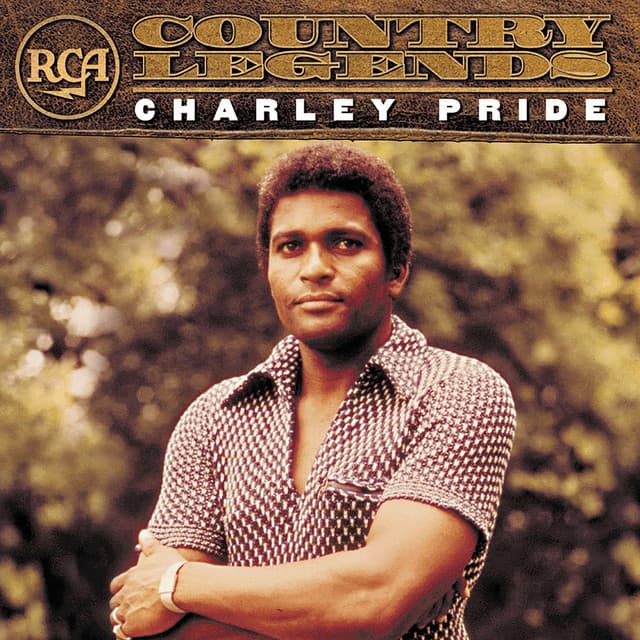
The timeless, understated expression of a husband’s rising fear that his love is no longer enough.
There are certain songs from the golden age of Country Music that don’t need a booming chorus or a dramatic storyline to break your heart; they just need a quiet, simple observation delivered by a voice you trust. “Does My Ring Hurt Your Finger,” immortalized by the incomparable Charley Pride, is one such song. It’s a beautifully subtle piece of melancholic storytelling, capturing a moment of raw, vulnerable insecurity that anyone who’s ever loved deeply can understand. It is a masterpiece of implication, where the question is far more painful than any answer could be.
This signature early hit was first released in August 1967 by Charley Pride on the RCA Victor label. Remarkably, it was initially relegated to the B-side of the single, with the song “Spell of the Freight Train” taking the A-side position. However, it was the raw, emotional power of the marriage song that captivated radio programmers and listeners alike. The single quickly climbed the charts, peaking at a fantastic No. 4 on the Billboard Hot Country Songs chart and reaching No. 3 on the RPM Country Singles chart in Canada. This was a pivotal moment in Charley Pride’s career, representing his third major hit and, at the time, his highest-charting single, cementing his transition from a promising newcomer to a genuine country music star. The song was later featured on his third studio album, the No. 1 charting, gold-certified The Country Way (released December 1967).
The true genius of the song, penned by Jerry Crutchfield and Don Robertson, lies in its gentle, almost naive phrasing. The lyrics unfold like a quiet conversation between a man and his wife, a conversation that becomes increasingly heartbreaking with every verse. The husband notices a simple, concrete fact: his wife leaves her ring at home when she goes out at night.
“Does my ring hurt your finger when you go out at night? When I bought it for you darling it seemed to be just right. Should I take it to the jeweler so it won’t fit so tight?”
Notice the way Pride’s character attempts to rationalize the omission. He moves from genuine concern (“Does it hurt?”) to practical solutions (“Should I take it to the jeweler?”), deliberately avoiding the terrifying truth: the ring is not hurting her finger; it’s hurting her conscience. It’s the symbolic pain of wearing the marital bond that keeps it tucked away. The story behind the song isn’t a dramatic confrontation; it’s the quiet, gut-wrenching realization of betrayal, viewed through the lens of a simple piece of jewelry.
For older readers, particularly those of us who grew up listening to this kind of reflective country, the song evokes a time when emotional complexity was conveyed not through volume, but through nuance. Charley Pride’s smooth, clear baritone—that magnificent instrument of his—lends the perfect blend of dignity and deep sadness to the words. His delivery isn’t accusatory; it’s pleading, painting the portrait of a man who knows, deep down, what the absence of the ring truly means, yet desperately tries to find an innocent explanation. This song doesn’t just bring back memories of the late sixties; it brings back the shared experience of quiet marital pain, the fear of change, and the wish that a jeweler’s fix could mend a broken heart.